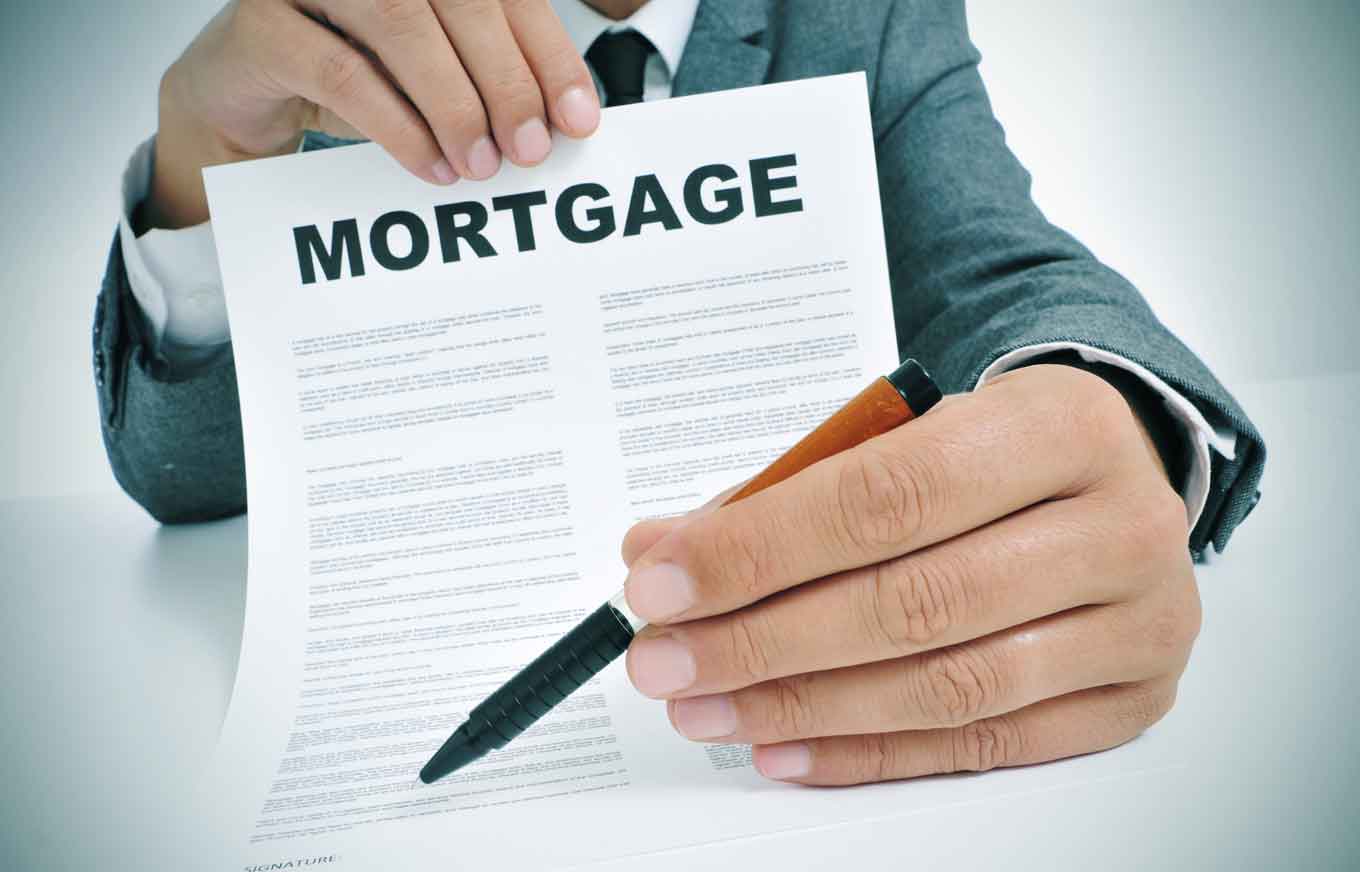Once you decide that purchasing a house is the right decision, you will most likely get a mortgage to finance it.
In terms of mortgage advice, there are two schools of thought. Some people believe you should pay down your mortgage quickly and others might tell you to get the longest mortgage possible. Alternatively, you can categorize this debate as Anti-Debt versus Pro-Debt.
Financial entertainers exacerbate these biases. In a previous article, I talk about why you should not blindly take their advice. This is because perfectly sound logic for one situation might not make sense in others.
Therefore, this article will compare both sides so you can make a more informed decision.
There are six main variables to consider when comparing short-term and long-term mortgages.
Home Equity
Home equity is the value of the homeowner’s interest in their home. In other words, it is the property’s current market value less any liens. By this definition, there are two ways to build equity in your home.
First, paying down the lien on your house will help build equity. Hence, short-term mortgages allow you to build equity faster than long-term mortgages.
Second, if the value of your home increases, your equity increases. This is true regardless of type of mortgage you have.
Interest Rate
Generally, short-term loans are cheaper than long-term loans due to credit risk. For example, the interest rate on a 15-Year fixed rate mortgage is lower than a 30-Year fixed mortgage.
As of February 2019, the 15-Year fixed rate is around 3.9% and the 30-Year fixed rate is about 4.4%.
Payment
The monthly payment for a long-term mortgage is lower than a short-term mortgage because the principal and interest are spread out for a longer period.
Pretend you want to purchase a home that costs $250,000. You decide to put $50,000 down and finance the other $200,000 using a mortgage loan. Using the interest rates above, you would pay $1,469.37 a month with a 15-Year fixed rate mortgage and $1,001.52 a month with a 30-Year fixed rate mortgage.
Assuming both mortgages are held to term, you would pay $64,487.47 in total interest on the 15-Year mortgage and $160,548.68 on the 30-Year mortgage.
Opportunity Cost
An opportunity cost is a benefit that an individual misses out on when choosing one alternative over another.
In the previous example, there is a $467.85 payment difference between the 15-Year fixed and 30-Year fixed.
Pretend you chose the 30-Year mortgage and opted to invest the $467.85 difference in a diversified portfolio on a monthly basis. Assume that your portfolio earns an average of 7%. Based on these assumptions, you would have $148,290.81 after 15 years and $570,763.43 at the end of 30 years. This simple example shows that it is possible to create more wealth by investing the difference instead of paying down a short-term mortgage.
Note, you must consider many other factors to determine if this is the right strategy for you.
Liquidity
By keeping control over access to your money, you maintain liquidity. This gives you the flexibility to save, spend, or invest in other areas in your life.
If you give your money to your mortgage lender, you lose control of it. The only way to get your money back is to sell the house, take out a second mortgage, get a home equity line of credit, or do a cash-out refinance. Depending on your financial situation, these options may be expensive or unavailable.
Mortgage Qualification Amount
If you choose a 30-Year fixed mortgage over a 15-Year fixed mortgage, you will qualify for a more expensive property since payments are stretched over a longer time.
Depending on your financial situation and the location you want to purchase a house, you may have to opt for a longer mortgage.
My Thoughts
Depending on the financial circumstance, there is a place for both short-term and long-term mortgages. However, based on experience, many people overlook liquidity or opportunity cost during the decision making process. Hence, long-term mortgages might be a better fit for some people.
Even if you have equity in your home, you can still face foreclosure if you stop paying your mortgage, home insurance, or property taxes. Even if you own your home outright, you can still face foreclosure if you stop paying your home insurance or property taxes. Therefore, paying off your mortgage does not necessarily provide “peace of mind”.
On the other side of the spectrum, obtaining a long-term mortgage as an excuse to stretch your dollars can be dangerous as well.
Buying a home can be scary process. For most of us, the homes we buy are the largest purchases we ever make. Therefore, it is important to weigh every factor when choosing a mortgage. In my opinion, you should consult with a financial advisor to determine your best options.


